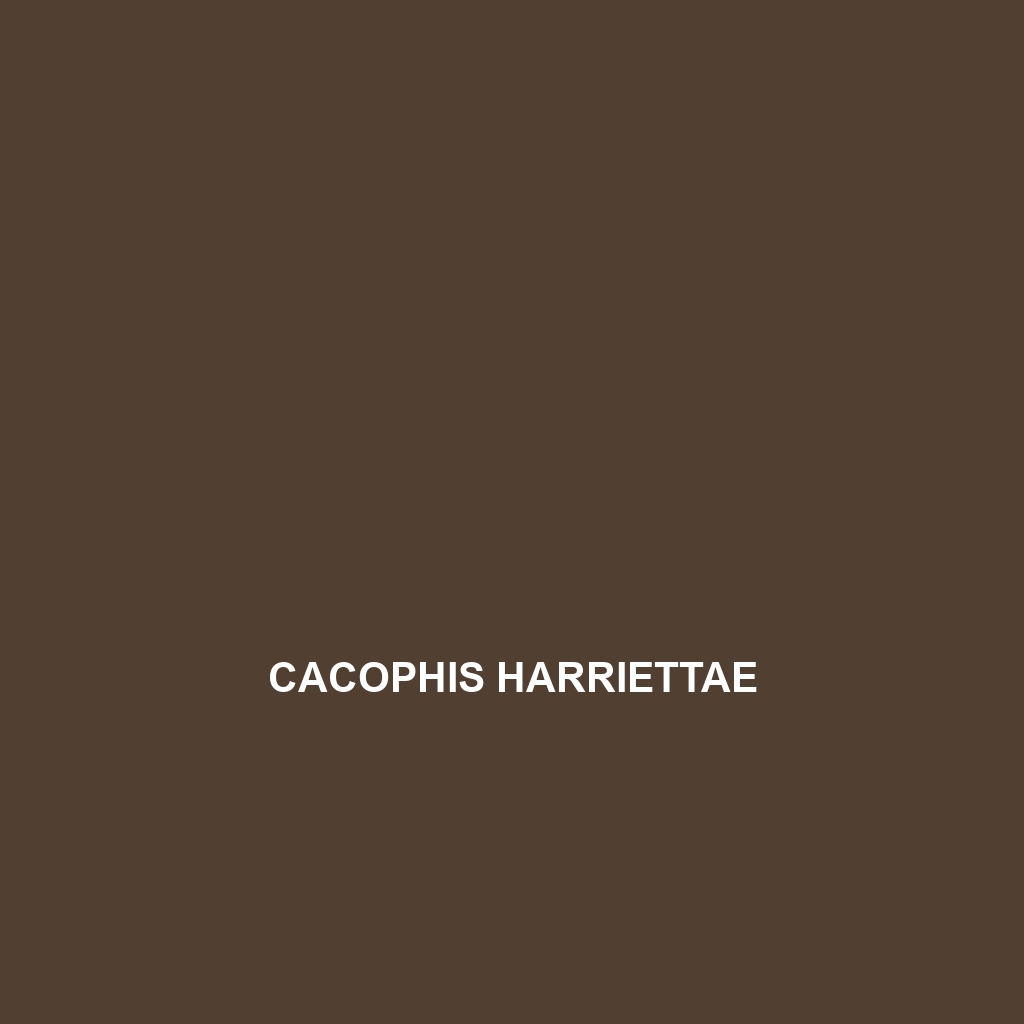<b>Plestiodon laticeps</b>, commonly known as the Broad-headed Skink, is a medium-sized lizard native to the southeastern United States, distinguished by its broad head and vibrant blue tail in males during mating season. This active, diurnal insectivore thrives in diverse habitats such as temperate forests and suburban areas, playing a crucial role in controlling insect populations and supporting ecosystem health.
Tag: woodland ecosystems
Cacophis harriettae
The Cacophis harriettae, or Harriet's cacophis, is a slender, nocturnal snake found in the woodland and grassland ecosystems of eastern Australia, measuring between 1.2 to 1.8 meters in length. This vulnerable species showcases distinct dark brown to gray scales with lighter bands, plays a vital role in its ecosystem, and primarily feeds on small mammals, birds, and reptiles.
Aprasia aurita
Discover the Aprasia aurita, or earless skink, a slender lizard native to the woodlands of southeastern Australia, characterized by its smooth, shiny skin and secretive, burrowing behavior. This vulnerable species plays a vital role in its ecosystem by controlling insect populations and serves as prey for larger animals, making habitat conservation crucial for its survival.
White-bellied Slender Opossum
Discover the intriguing world of the White-bellied Slender Opossum (Marmosops noctivagus), a small, nocturnal marsupial native to the forests of South America. With its distinctive grayish-brown fur, contrasting white belly, and agile prehensile tail, this elusive creature plays a vital role in its ecosystem as both predator and prey. Learn about its unique behaviors, ecological importance, and the current conservation status of this remarkable species.



